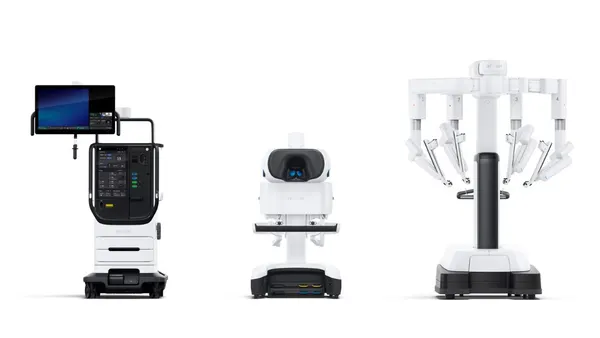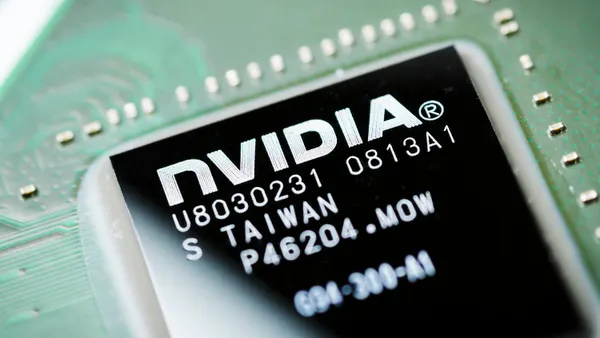Dive Brief:
- FDA has given breakthrough device designation to a cryotherapy spray designed for the subset of patients with moderate to severe chronic obstructive pulmonary disease (COPD) who suffer from chronic bronchitis, Lexington, Massachusetts-based medtech manufacturer CSA Medical said Wednesday.
- The company says its RejuvenAir system sprays liquid nitrogen at -196 degrees Celsius, aiming to rapidly freeze the epithelial layer of airway walls, destroying mucus-producing goblet cells but preserving the extracellular matrix that can regrow healthy cells.
- CSA Medical also shared that FDA separately granted unconditional investigational device exemption approval, allowing the company to move forward with a pivotal study.
Dive Insight:
Adoption of cryoablation devices, which are meant to destroy unwanted tissue through application of extreme cold, has been spreading across disease areas.
Stryker acquired startup Arrinex earlier this year, whose Clarifix tool offers a cryotherapy option to people with chronic rhinitis. Medtronic is among those pursuing the method in patients with atrial fibrillation, seeking to axe cells sending erratic electrical signals. With a completed acquisition of BTG, Boston Scientific would gain the Galil Medical line of cryoablation systems and needles for targeting solid tumors, as the technology at-large is more broadly gaining ground as a viable treatment option for bone, cervical, eye, kidney, liver, lung and prostate cancers.
Earlier this week, FDA approved the PMA application for a treatment administered in a gynecologist office for premenopausal women with heavy menstrual bleeding, in which a freezing agent nixes the endometrial lining of the uterine cavity. Notably, the treatment requires no sedation.
Bringing cryoablation procedures into the mainstream for chronic bronchitis patients would be novel. With 8.6 million U.S. diagnoses in the past year alone, chronic bronchitis is the most common disease to fall under the umbrella of COPD, which cannot be cured. Inflamed bronchial tubes lead to heavy mucus production and prolonged cough, and in some cases fatigue, shortness of breath and fever, which can be treated with a range of medications, oxygen therapy or surgical removal of damaged lung tissue.
CSA Medical completed its feasibility study last year and said in a press release it now plans to run a randomized, sham-controlled trial across 30 sites in the U.S., Europe and Canada with up to 330 patients. Small-scale initial safety data was published in the American Journal of Respiratory and Critical Care Medicine in 2017.
CSA Medical's already markets its truFreeze spray kit for use in patients with acid reflux, esophogeal cancer and other conditions.
Recently announced breakthrough devices include a closed loop automated insulin delivery system being developed by a Korean biotech and a hemodialysis management software from Fresenius Medical Care.













